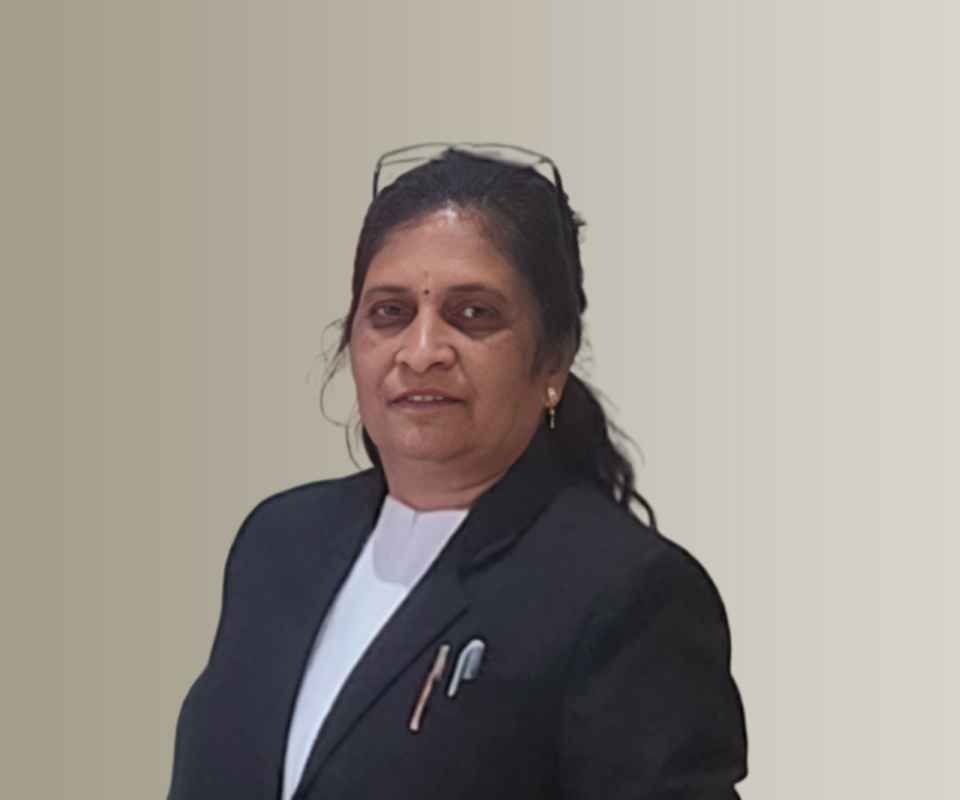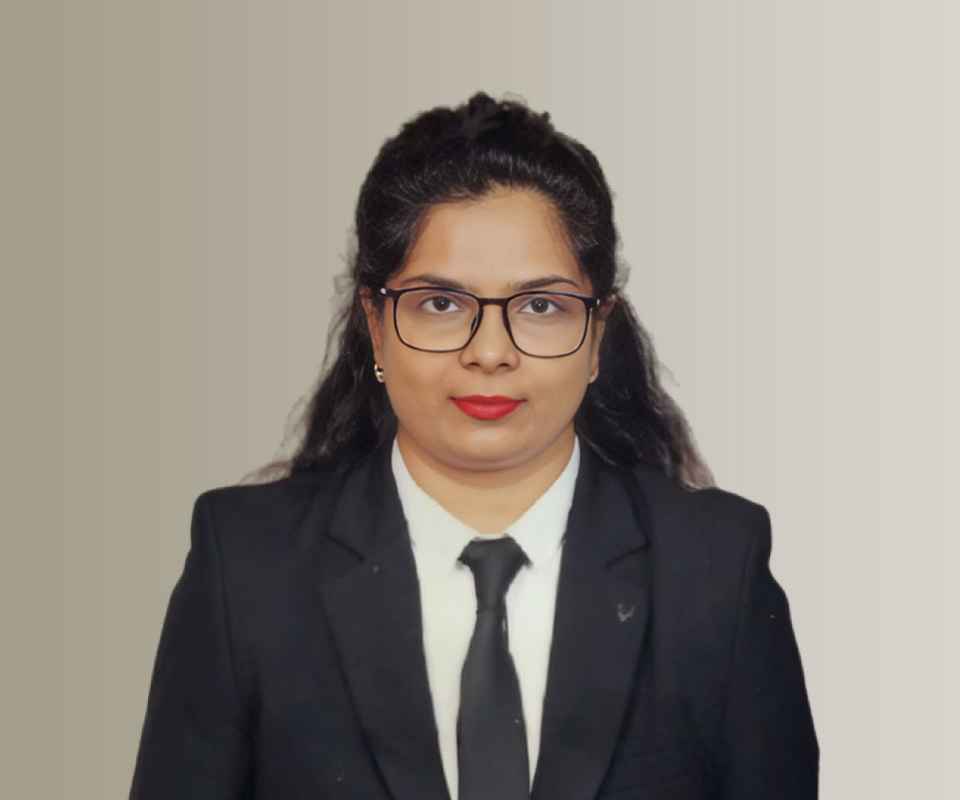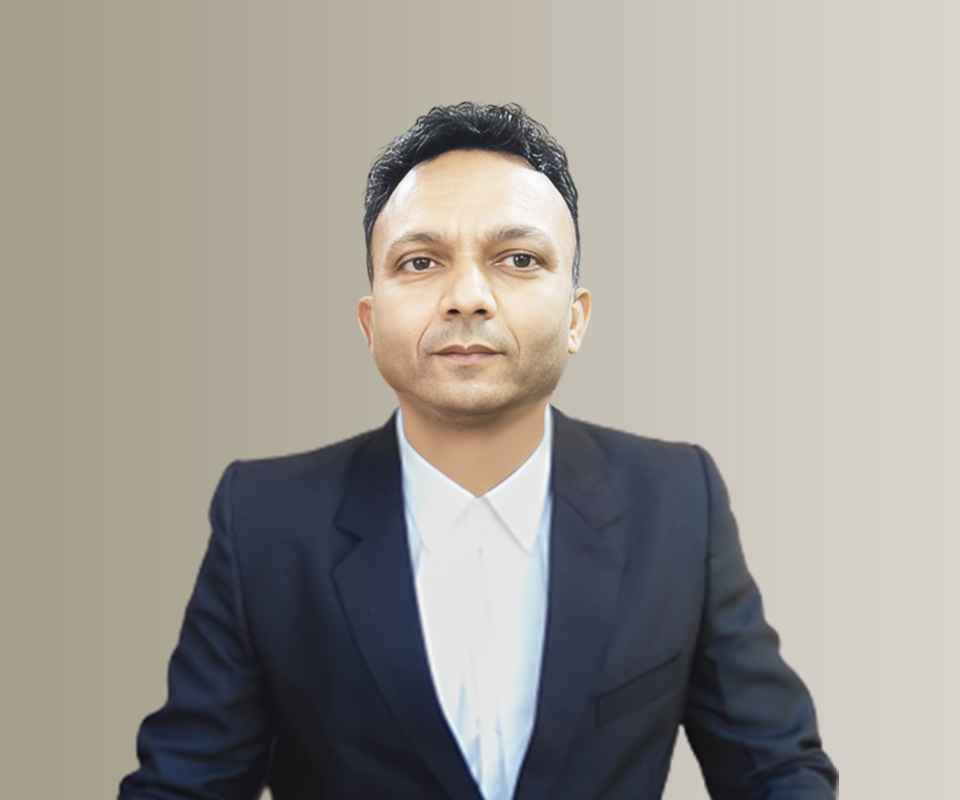Answer By law4u team
In India, the general rule is that maintenance obligations towards a child end when the child reaches adulthood (typically 18 years of age). However, there are certain circumstances where a parent may still be required to provide maintenance for an adult child, particularly when the child is pursuing higher education. The obligation to support an adult child depends on the child's financial needs, education expenses, and the parent's ability to support them.
1. General Legal Provisions for Maintenance of Adult Children:
Under Indian family law, particularly the Hindu Adoption and Maintenance Act, 1956, parents are generally required to provide maintenance for their children only while they are minors. However, the law also provides that parents must maintain their adult children if the child is unable to support themselves.
Section 20 of the Hindu Adoption and Maintenance Act requires that parents maintain their children who are unable to earn or support themselves. This includes situations where the child is still pursuing education and has not yet achieved financial independence.
2. Maintenance Beyond 18 Years of Age (For Higher Education):
Higher Education as a Ground for Maintenance: If an adult child is pursuing higher education (e.g., college or university), the child may still be considered dependent on the parents if they are not financially independent. Courts may grant maintenance to the child for educational purposes if they are still dependent on the parents for financial support, especially when the child is unable to earn during their studies.
Reasonable Expectation: The child’s pursuit of higher education can be considered a legitimate reason for claiming continued support. This is because higher education often involves substantial expenses, including tuition fees, books, hostel charges, living expenses, and other educational costs that may be beyond the child’s ability to afford independently.
Parental Duty: The parents' obligation to maintain a child pursuing higher education is seen as part of their duty to support the child’s development until the child becomes financially self-sufficient. Courts generally recognize the education of children as a valid reason to extend the maintenance obligation beyond the age of 18, especially for higher studies.
3. Conditions for Claiming Maintenance for an Adult Child:
Financial Dependency: The child must demonstrate that they are still financially dependent on the parents. This can be established if the child is pursuing full-time education and has no source of income or is unable to earn due to the demands of their studies.
For instance, a child in medical or law school who is unable to work due to the intense demands of their coursework may be eligible for continued maintenance.
Degree of Dependency: The child must not be able to support themselves through any form of income, whether from a job, scholarships, or other means. If the child is engaged in part-time work but still needs financial help to cover the cost of their education, they may qualify for a maintenance claim.
Reasonable Expectation of Education Completion: Courts typically consider the duration and nature of the education the child is pursuing. Maintenance may be granted for the duration of the academic course, but it would not usually extend beyond the reasonable time needed to complete the course.
Parental Capacity to Provide Maintenance: The parents' financial capacity is also an important factor. If the parents can afford to support the child’s higher education, they may be required to do so, even after the child turns 18. However, if the parents are unable to provide this support due to their own financial limitations, the court may adjust the amount of maintenance or deny the claim.
4. Judicial Precedents and Case Laws:
Courts in India have recognized that a child pursuing higher education may be entitled to maintenance even after reaching adulthood. The Supreme Court and various High Courts have held that the child’s right to education and the parents' obligation to maintain the child extend beyond the child reaching the age of 18, especially in cases where the child is pursuing education and remains financially dependent on the parents.
Example Case: In a case where a father refused to pay maintenance for his adult daughter pursuing medical education, the Delhi High Court ruled that the daughter was entitled to maintenance as she was pursuing a full-time medical course that required extensive time and effort, making it difficult for her to work. The court considered the child’s educational expenses and the father’s ability to pay when granting the maintenance claim.
5. Factors Considered by the Court:
Nature of Education: Courts will look at whether the education the child is pursuing is demanding enough to prevent the child from working full-time. For instance, pursuing a degree in engineering or medicine may be considered an educational path that justifies continued financial support from the parents.
Living Arrangements: If the child is living away from home for educational purposes (e.g., in a hostel or rented accommodation), the court may also consider the cost of living as part of the maintenance requirement.
Reasonableness of the Claim: The court will assess whether the maintenance claim for the adult child pursuing higher education is reasonable given the parents' financial ability and the child’s specific educational needs.
6. Limitations on Maintenance for Adult Children:
Completion of Education: The maintenance claim for an adult child pursuing higher education typically ends once the education is completed. Maintenance is generally not extended indefinitely for a child who has reached adulthood and completed their studies.
Financial Independence: Once the child becomes financially independent, whether by gaining employment or by other means, the obligation for maintenance generally ceases. The child must demonstrate that they continue to need financial support while pursuing their studies and remain unable to earn.
Conclusion:
In India, a parent may be required to provide maintenance for an adult child pursuing higher education, but this depends on several factors. The child must prove financial dependency, and the parents’ ability to support the child will also be considered. The maintenance is typically granted for the duration of the child’s educational course and will end once the child becomes financially independent or completes their education. Courts recognize that higher education is often costly and may extend maintenance beyond the age of 18, especially if the child is pursuing a demanding academic course and cannot earn a living simultaneously. However, the obligation to maintain an adult child for education is subject to reasonableness and the parents' financial ability.







